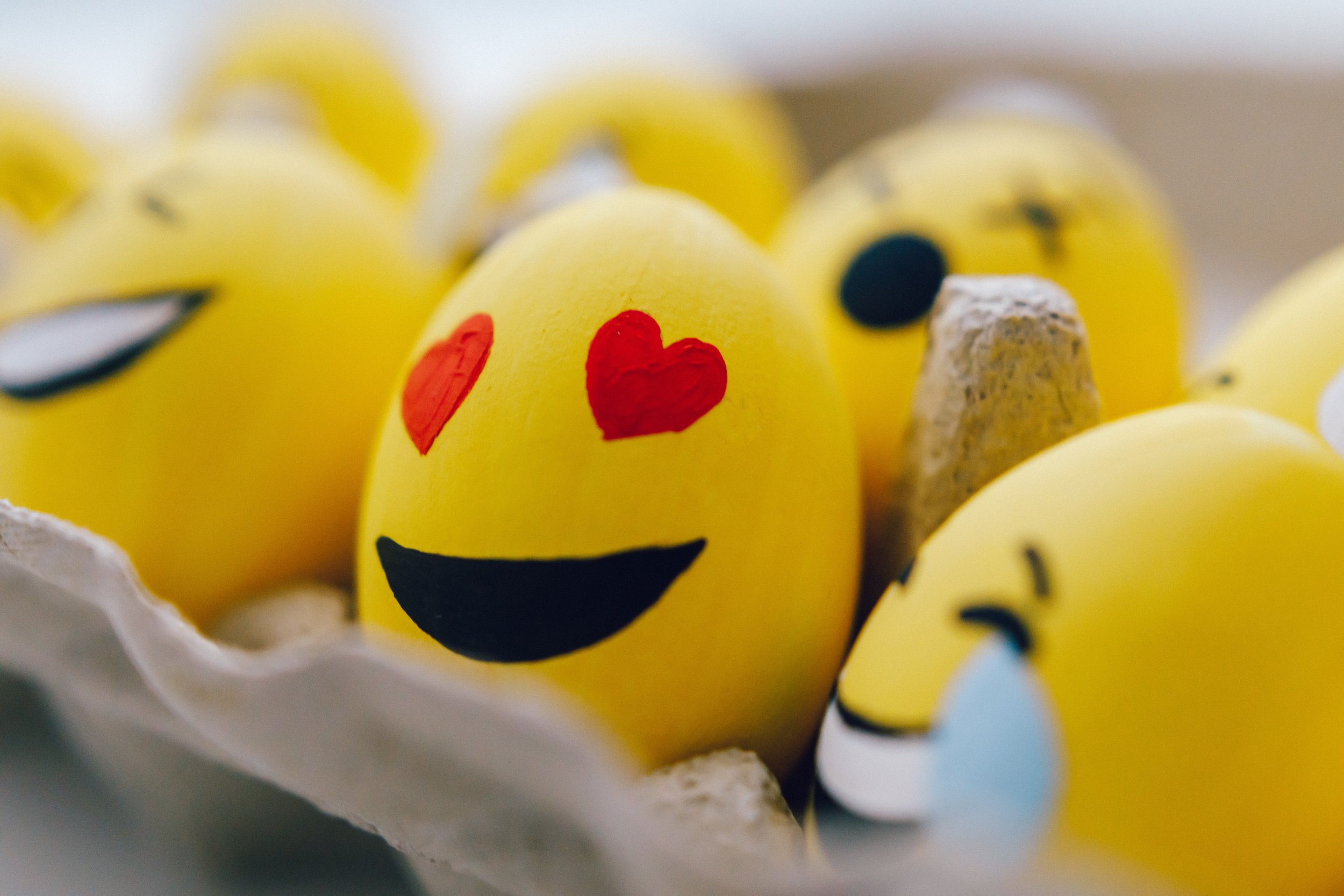Lucy Letby: Who Can We Trust?
On 21st August 2023 Lucy Letby was sentenced to life imprisonment for 7 counts of murder and 6 counts of attempted murder all committed between June 2015 and June 2016. Her victims were vulnerable newborn babies making her the most prolific child killer in modern British history. She is one of only three women alive to be handed whole life orders for her crimes.
The police investigation into the murders, named Operation Hummingbird, revealed nothing in Letby’s perfectly normal childhood or current lifestyle to forewarn of the serial killer she was to become. Manipulative, lacking in empathy and with a complete disregard for the consequences of her actions, her fate has now been forever sealed as a cold blooded psychopath.
The investigating officers described her as average, ordinary, vanilla with traits of jealousy and paranoia, low self esteem and self confidence. But again nothing which would prophesy the unspeakable crimes she would commit. But was that the problem? Even when the association with Letby was acknowledged, hospital bosses still tried to brush it off as coincidence. How could it be that this fresh faced, outwardly normal young woman could be capable of such atrocities?
Over the course of 12 months, she took a particular interest in vulnerable babies, especially twins and triplets. Seven babies were murdered with an injection of air, two she tried to poison with insulin, others by overfeeding with milk and one she tried to choke with a nasogastric tube.
During the trial, it was shared that she had taken 257 confidential hand-over sheets, resuscitation sheets and blood gas readings from the hospital as'”morbid records” of her murders.
But how did it even get to that point? Were the signs genuinely missed for so long?
The evidence says not.
In fact concerns were raised just one month into her year-long killing spree when proof was uncovered that one of the babies had been poisoned with manufactured insulin.
Consultant paediatricians had pushed from the beginning that at least some of the deaths were not caused by natural causes but reported being brushed aside by managers at the hospital. Even worse is that senior paediatricians were told to apologise to Letby for suggesting she was connected with the rise in infant deaths.
The deaths of three babies in July 2015 and again in October 2015 in stable babies were raised to hospital bosses by staff but health chiefs failed to investigate. Further concerns were raised in May 2016 by a senior doctor but again no action was taken. The continued unexplained deaths were said to be a “blip” by hospital directors. Nobody cared enough or sought to investigate the evidence that was screaming at them from the bodies of 13 newborn babies and the grief stricken faces of their parents.
According to whistleblowers, concerns were raised repeatedly on up to 10 occasions by staff. One source, quoted by the Independent, alleges paediatricians were told by trust leaders in late 2016 that if they reported concerns to the police “that’ll be the end of the unit and it will be bad for the trust’s reputation”. An external review yet to be published is expected to show multiple failings by the hospital in refusing to heed warnings. The review estimates that as many as 9 babies could have been saved from death or harm if warnings had been acted upon.
Letby’s first arrest was not until July 2018. She was released on bail and arrested twice more before finally being charged in November 2020, 5 and a half years after her first murder.
Her actions went unpunished for so long, not undetected, and therein lies the double crime.
The health service is facing calls for a public enquiry over claims managers at the Countess of Chester Hospital did not respond to concerns raised over Letby’s presence during the death and collapse of multiple babies between 2015 and 2016.
But Letby, whilst the most prolific child killer, is not the first. So are we placing too much faith in people we are supposed to trust? Is this our collective failing?
A police officer is not supposed to rape and murder
A neonatal nurse is not supposed to torture and murder newborn babies
A nurse is not supposed to poison their patients with lethal doses of painkillers and insulin
A GP is not supposed to murder elderly women with lethal doses of morphine
Beverly Alitt murdered 4 children and attempted to murder 9 more in 1991 (Nurse)
Harold Shipmen murdered 250 mainly elderly women from the early 70s to the late 90s. (GP)
Benjamin Green was convicted of poisoning 17 patients with powerful painkillers, 2 died in 2004 (Nurse)
Colin Norris murdered 4 elderly women and attempted to murder 1 more with insulin in 2002 (Nurse)
Victorino Chau randomly injected saline bags with insulin in 2011 and 2012. 2 people died. (Nurse)
Granted the above is not the norm but these people have existed, these crimes have been committed. How have the NHS directors still not learned? How could they refuse to act even when the evidence and chaos was piling up around them.
Is it because the scale and evil of what Letby was doing is beyond the scope of normal human comprehension or is it simply a case of turning a blind eye, covering it up, hoping it will go away?
Searches of her house revealed post it notes she had written; “I did this, I hate myself, I want to kill myself, I’m evil”. Yet Letby has never explained what pushed her from ordinary woman to Britain’s most prolific child serial killer.
But what of our faith in humanity? If our emergency services can abuse their positions of power so terribly then where does that leave us?
What is worse, the evil actions of a psychopath or the, arguably, equally evil actions of the directors who try to cover it up?
Who can we trust?
The Pros And Cons Of Becoming A Freelancer
There are a multitude of reasons I decided to start working freelance.
I have spent the last 15 years working in the digital advertising industry (with 2.5 years out for two maternity leaves and Covid) across agencies, publishers and start ups and there have definitely been a lot of ups and downs. I’ve had some wonderful bosses and some awful bosses but for the most part my colleagues have been amazing.
Having recently been made redundant I decided to re-evaluate my life and what mattered to me.
Turns out I matter to me.
Pros of being a freelancer
I get to work for myself.
I don’t have to read minds anymore. I left telepathy off my list of skills because I wasn’t that good at it.
I decided I wanted to work to fund my own retirement rather than someone else’s.
I decided I actually wanted to see my small children before they turned 18 and left home and started calling me Rachel or something, and this gives me the freedom to do that. Even working from home or hybrid, my mind was utterly consumed with work. I felt like I was only ever giving my children a portion of myself.
I want to be around to see my child stick her bum in the air and run on all fours for sports day. I want to be there for the pirate afternoon and for the dinosaur exhibition or for the swimming match. I don’t want a career dictated by someone else’s priorities.
Reduced stress which is spectacularly refreshing. I can work when I want to and on what I want to. I can take a random Tuesday afternoon off at the last minute if work is quiet and binge watch True Blood while eating prawn crackers.
Cons of being a freelancer
Honestly, I don’t think there are too many.
Obviously the biggest drawback is the lack of regular income and stable work which, I appreciate for some people, is just not doable.
There is also the lack of benefits, sick pay, holiday pay, private health care and pensions etc, (although my experience of pensions throughout my career is pretty woeful anyway).
It’s a very competitive space so it can be hard to find your niche and welcome on board regular clients. The ground work you need to do to get noticed is intense.
The work isn’t just there, at least not for everyone. In the early days you may find yourself continuously pitching for work. Even so there will always be an element of this no matter where you work. All businesses have to grow and all businesses have to make money.
In my experience to date, the pros outweigh the cons. The above is by no means an exhaustive list but they are some of the key highlights I would say.
I get up in the morning and go to work (my dining table) with a smile on my face for the first time in years. I represent the work I do for my clients and only me. I’m not representing an organisation. I want to succeed and to do well for my clients because they have put their trust in me and me alone.
I am working for my clients and for my family. There is no one else. I am building something for my family and I which I can be proud of.
The Pros And Cons Of Becoming A Freelancer
Why having an SEO strategy in place is so importance for your organic rankings
There are a multitude of reasons I decided to start working freelance.
I have spent the last 15 years working in the digital advertising industry (with 2.5 years out for two maternity leaves and Covid) across agencies, publishers and start ups and there have definitely been a lot of ups and downs. I’ve had some wonderful bosses and some awful bosses but for the most part my colleagues have been amazing.
Having recently been made redundant I decided to re-evaluate my life and what mattered to me.
Turns out I matter to me.
Pros of being a freelancer
I get to work for myself.
I don’t have to read minds anymore. I left telepathy off my list of skills because I wasn’t that good at it.
I decided I wanted to work to fund my own retirement rather than someone else’s.
I decided I actually wanted to see my small children before they turned 18 and left home and started calling me Rachel or something, and this gives me the freedom to do that. Even working from home or hybrid, my mind was utterly consumed with work. I felt like I was only ever giving my children a portion of myself.
I want to be around to see my child stick her bum in the air and run on all fours for sports day. I want to be there for the pirate afternoon and for the dinosaur exhibition or for the swimming match. I don’t want a career dictated by someone else’s priorities.
Reduced stress which is spectacularly refreshing. I can work when I want to and on what I want to. I can take a random Tuesday afternoon off at the last minute if work is quiet and binge watch True Blood while eating prawn crackers.
Cons of being a freelancer
Honestly, I don’t think there are too many.
Obviously the biggest drawback is the lack of regular income and stable work which, I appreciate for some people, is just not doable.
There is also the lack of benefits, sick pay, holiday pay, private health care and pensions etc, (although my experience of pensions throughout my career is pretty woeful anyway).
It’s a very competitive space so it can be hard to find your niche and welcome on board regular clients. The ground work you need to do to get noticed is intense.
The work isn’t just there, at least not for everyone. In the early days you may find yourself continuously pitching for work. Even so there will always be an element of this no matter where you work. All businesses have to grow and all businesses have to make money.
In my experience to date, the pros outweigh the cons. The above is by no means an exhaustive list but they are some of the key highlights I would say.
I get up in the morning and go to work (my dining table) with a smile on my face for the first time in years. I represent the work I do for my clients and only me. I’m not representing an organisation. I want to succeed and to do well for my clients because they have put their trust in me and me alone.
I am working for my clients and for my family. There is no one else. I am building something for my family and I which I can be proud of.



